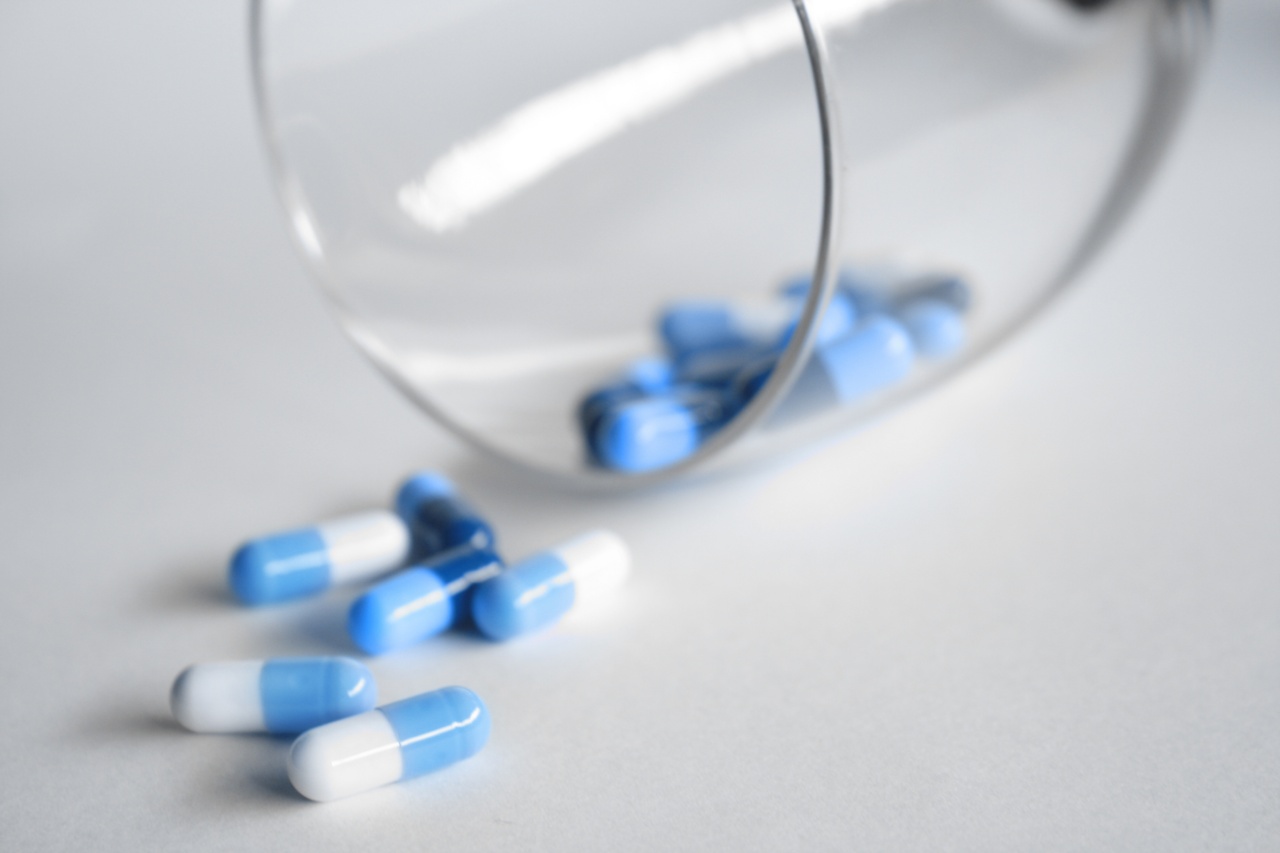Post-traumatic stress disorder (PTSD) is a mental health condition that develops after a person has experienced or witnessed a traumatic event. The symptoms of PTSD can be debilitating and can greatly diminish the person’s quality of life.
Traditional medications for PTSD are often ineffective or produce intolerable side effects. There has been a growing interest in the use of medical marijuana as a treatment option for PTSD, and some research suggests that it may indeed be helpful.
What is PTSD?
PTSD is a mental health condition that is triggered by experiencing or witnessing a traumatic event. The symptoms of PTSD can include:.
- Flashbacks or nightmares of the traumatic event
- Avoiding situations that remind the person of the traumatic event
- Overwhelming feelings of guilt, shame, or despair
- Hypervigilance and exaggerated startle responses
- Loss of interest in things the person previously enjoyed
- Difficulty sleeping or concentrating
PTSD can be triggered by a variety of traumatic events, including combat, sexual assault, physical assault, natural disasters, and serious accidents.
Traditional Treatments for PTSD
The traditional treatments for PTSD include psychotherapy and medication.
Psychotherapy
Psychotherapy involves working with a therapist to address the symptoms of PTSD.
A variety of different types of therapy may be employed, including cognitive-behavioral therapy, exposure therapy, and eye movement desensitization and reprocessing (EMDR) therapy.
Medications
The medications that are typically prescribed for PTSD include antidepressants and anti-anxiety drugs.
While these medications can be effective for some people, they are often associated with side effects such as weight gain, nausea, and sexual dysfunction. Additionally, some people do not respond well to traditional medications and may be looking for alternative treatment options.
Medical Marijuana for PTSD
Medical marijuana is a type of treatment that is gaining popularity for symptoms of PTSD. Marijuana contains compounds called cannabinoids, which interact with the body’s endocannabinoid system to produce a variety of effects.
Specifically, the cannabinoids in marijuana are thought to help regulate mood, reduce anxiety, and improve sleep. These effects make marijuana an attractive treatment option for PTSD, as these are common symptoms of the condition.
How Does Medical Marijuana Work?
The active compounds in marijuana, THC and CBD, work by interacting with the body’s endocannabinoid system.
This system is responsible for maintaining balance in the body and regulating many physiological functions, including mood, appetite, and pain sensation.
When THC is consumed, it binds to the cannabinoid receptors in the brain, causing a release of dopamine and other neurotransmitters that produce feelings of euphoria.
CBD, on the other hand, does not produce a psychoactive high but has been shown to have anti-anxiety and anti-inflammatory effects.
Research on Medical Marijuana and PTSD
While research on the use of medical marijuana for PTSD is still limited, some studies suggest that it may be helpful.
A 2014 study published in the Journal of Psychoactive Drugs found that medical marijuana use was associated with a significant reduction in PTSD symptoms, including anxiety and depression. Another study published in the Journal of Psychopharmacology found that medical marijuana use resulted in a 75% reduction in PTSD symptoms among military veterans.
While these studies suggest that medical marijuana may be helpful for some people with PTSD, it is important to note that not everyone will respond to treatment in the same way.
Additionally, more research is needed to fully understand the effects of medical marijuana on PTSD.
Cannabis versus Traditional Medications for PTSD
There is no one-size-fits-all treatment for PTSD, and the effectiveness of medical marijuana versus traditional medications will vary depending on the individual.
Some people may find that traditional medications work well for them, while others may prefer the effects of medical marijuana. Additionally, some people may choose to use a combination of both treatments.
One advantage of medical marijuana over traditional medications is that it is generally considered to be safer and less addictive.
Prescription medications such as benzodiazepines and opioids can be highly addictive and can have serious long-term side effects. Medical marijuana, on the other hand, has no known lethal dose and is not physically addictive.
How to Get Medical Marijuana for PTSD
The laws surrounding medical marijuana vary depending on the state. In states where medical marijuana is legal, patients can obtain a medical marijuana card from a licensed physician.
Once they have a medical marijuana card, they can purchase marijuana from a licensed dispensary.
It is important to note that not all states allow medical marijuana for PTSD. Additionally, federal law still prohibits the use and possession of marijuana, even if it is legal at the state level.
Therefore, it is important to research the laws in your state before attempting to obtain medical marijuana for PTSD.
Conclusion
PTSD is a mental health condition that can be difficult to treat with traditional medications. Medical marijuana is a treatment option that is gaining popularity, as it has been shown to reduce symptoms of anxiety, depression, and insomnia.
While research on the effects of medical marijuana on PTSD is still limited, early studies suggest that it may be helpful for some people. If you are considering medical marijuana for PTSD, it is important to talk to your doctor and research the laws in your state.























